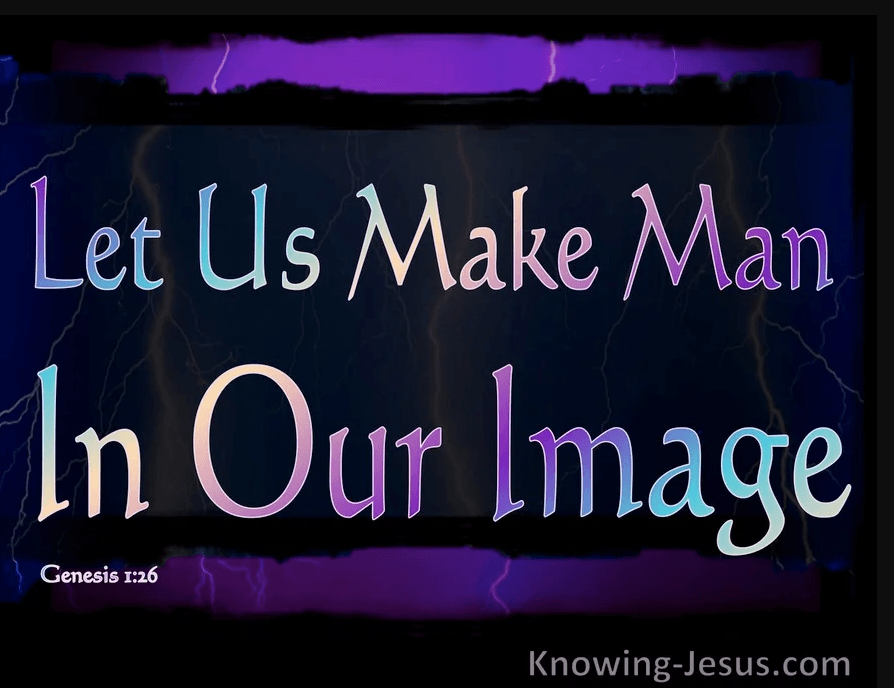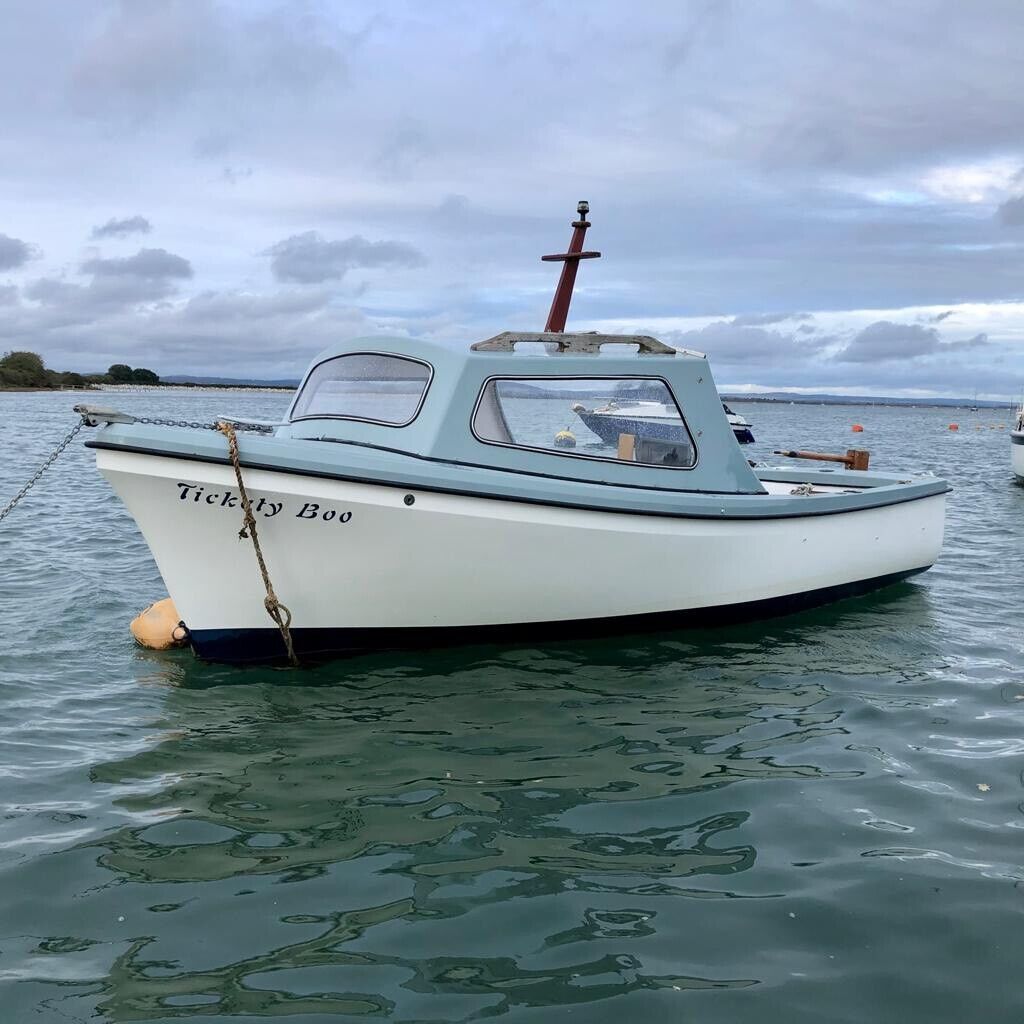- Home
- Worship & Bible Study
- Bible Study
Bible Study
For us, Bible study is an important part of our Christian life. The word of God provides God’s guidance for the times and situations we face, direction for how we serve our LORD and comfort in difficult times.
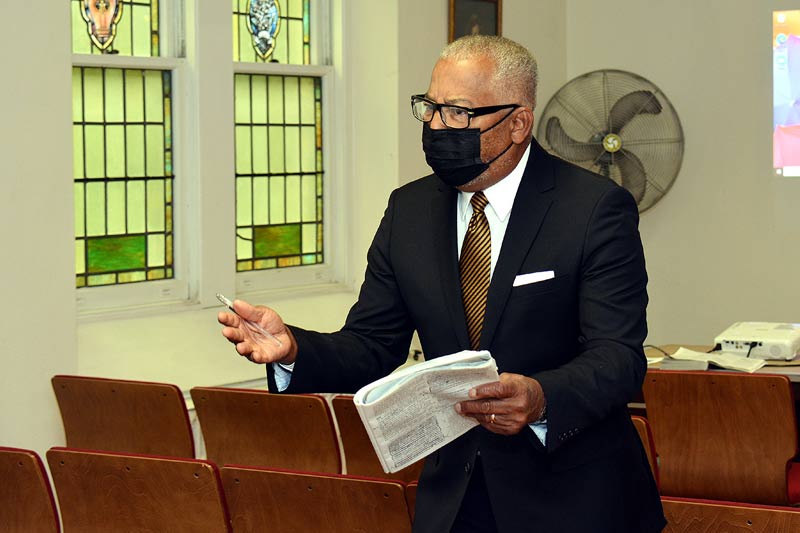
Slide title
Write your caption hereButton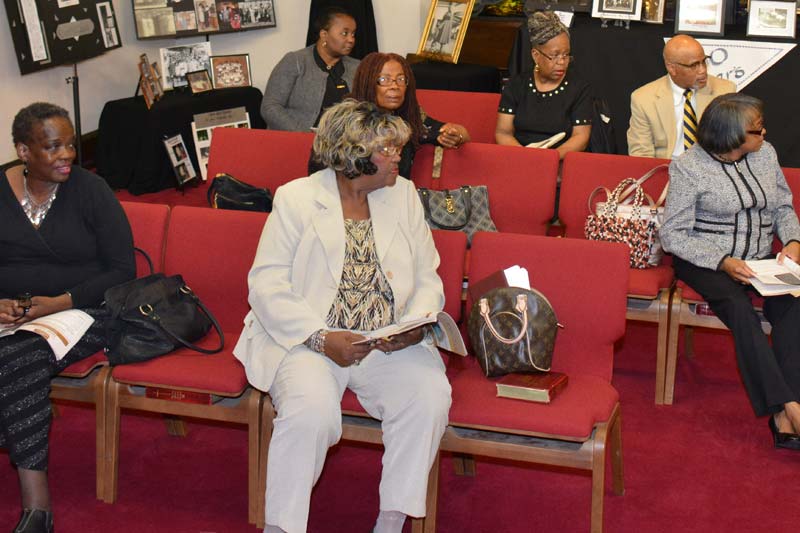
Slide title
Write your caption hereButton
Adult Church School
(Available in-person and virtually)
During the Pandemic, White Rock’s Sunday Church School has taken a new shape. Assisted by Zoom technology, the Adult Sunday School members assemble as one class each Sunday at 8:15 am. Even before our official beginning, the virtual room is buzzing with members greeting one another, asking about breakfast, and hearing the latest word from each home. Then, after a greeting by Pastor Shaw and the reading of the Scripture lesson for the day, Zoom randomly assigns each member to one of two classes, led by Rev. Steven Lawrence and Rev. Wayman Rucker. The curriculum provided by the National Baptist Convention’s publishing board is topical, focusing on a variety of passages in the Old and New Testament. The students are led in a discussion of the scripture and challenged to respond to the lesson aims. When the individual classes end, we reassemble as one class and listen to classmates who offer a review of the lesson and share what was significant to them. Our Church School Superintendent and Pastor Shaw offer closing words. It all happens in less than an hour. Join us for a fast-paced study and discussion that spans the whole bible.
Adult Church School – Sunday 8:15 am
Available In-person
Via Zoom - Video conference
https://zoom.us/j/225246022
Audio conference line: 1-646-558-8656 and enter the Meeting Id: 225-246-022
Children and Youth Church School
(Available virtually)
White Rock has Church School for children & youth from kindergarten through high school. Students gather in age appropriate classes to learn God’s word and how to apply it in their lives.
Children & Youth Church School Sunday 12:00
Via Zoom - Video conference https://us02web.zoom.us/j/81086124712
Audio conference line
1-646-558-8656 and enter the
Meeting Id: 810-8612-4712
Bread of Life Bible Class
(Available virtually)
The Bread of Life Fellowship is a mid-week bible study that moves through the bible in the order it was written. It began at the start of the Lenten season in 1979 and proceeded to study one chapter per week, beginning with the Gospel of Luke. At the end of the year 2000, the Bread of Life completed its study of the who bible and in January 2001 it started again, this time at a slower pace, studying the stories and passages in their context. Now each Wednesday at 8 pm, the Bread of Life Fellowship does the work of hearing the bible as if we were its first listeners and then having a conversation with one another about the meaning of the texts. We invite you to join us as we explore the history and culture of the biblical message and pose questions that let that message speak to our world.
Bread of Life Bible Study – Wednesday 8 pm
Via Zoom - Video conference https://zoom.us/j/927655312
Audio conference line
1-646-558-8656 and enter the
Meeting Id: 927-655 312
Daystar Bible Class (Available virtually)
Daystar Bible Study – Thursday 12 Noon
Via Zoom https://us02web.zoom.us/j/82050502958?pwd=TXJaUStzOWxPTnJ1MFptNmUxNDgvdz09
Audio conference call: 1-646-558-8656 and entering Meeting Id: 820 5050 2958 Password: 798-987
2 Timothy 3:16 to 17 - All scripture is given by inspiration of God, and is profitable for doctrine, for reproof, for correction, for instruction in righteousness: That the servant of God may be perfect, thoroughly furnished unto all good works.
Daystar disciples, sponsored by our Women's Missionary Union, is open to everyone. We have a wonderful fellowship while mutually discovering God's Word, as if for the first time. As a noon-day study, we can take the time to wonder and explore our faith and our relationship with God and with each other. We value deep learning, therefore; class participants regularly to teach a lesson: recognizing that "as we teach we learn twice" (Karen Slade). exploring God's word! Exploring the Word together, taking a "deep dive" into the scriptures.
Seekers of Wisdom
(not available until in-person meetings are allowed)
The Seekers of Wisdom class takes a topical approach to biblical study, including topics of particular interest to the students. The class meets from September through June on the second and third Saturdays of the month. On the second Saturday of each month, the class runs from 10:00 a.m. to 12:00 p.m. The class runs from 10:30 a.m. to 12:00 p.m. on the third Saturday of each month. We invite you to join this class.
Trending Blog Posts
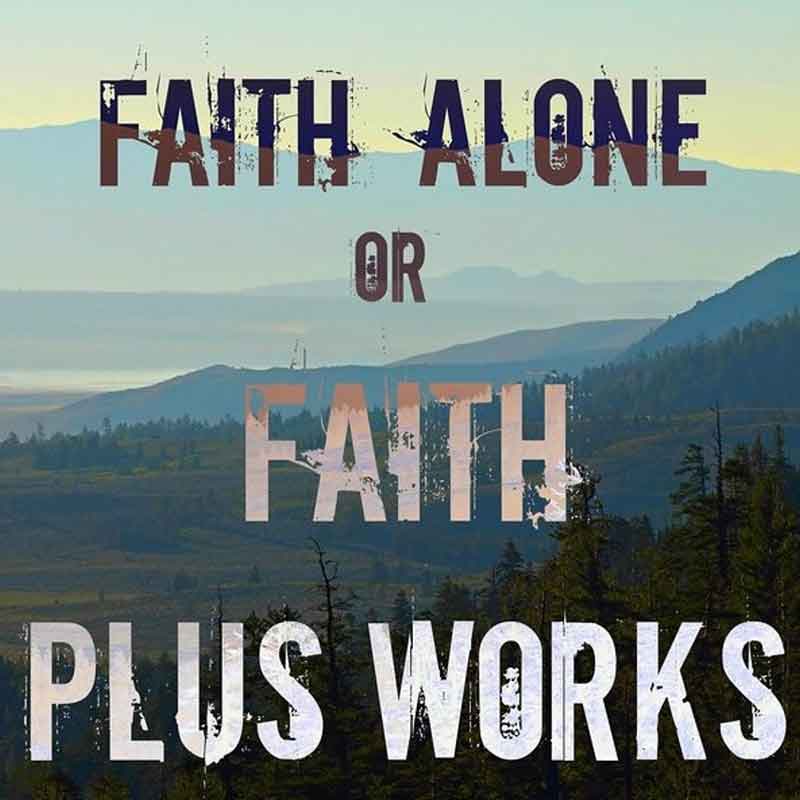


Stay Connected
Stay up to date on White Rock including information on our virtual services.
Contact Us
We will get back to you as soon as possible
Please try again later

About us
We welcome you all to be part of our community.
Useful Links
Contact info
(215) 474-1738
wrbc@whiterockbaptist.org
5240 Chestnut Street
Philadelphia, PA 19139
Join our family
Contact Us
We will get back to you as soon as possible
Please try again later

